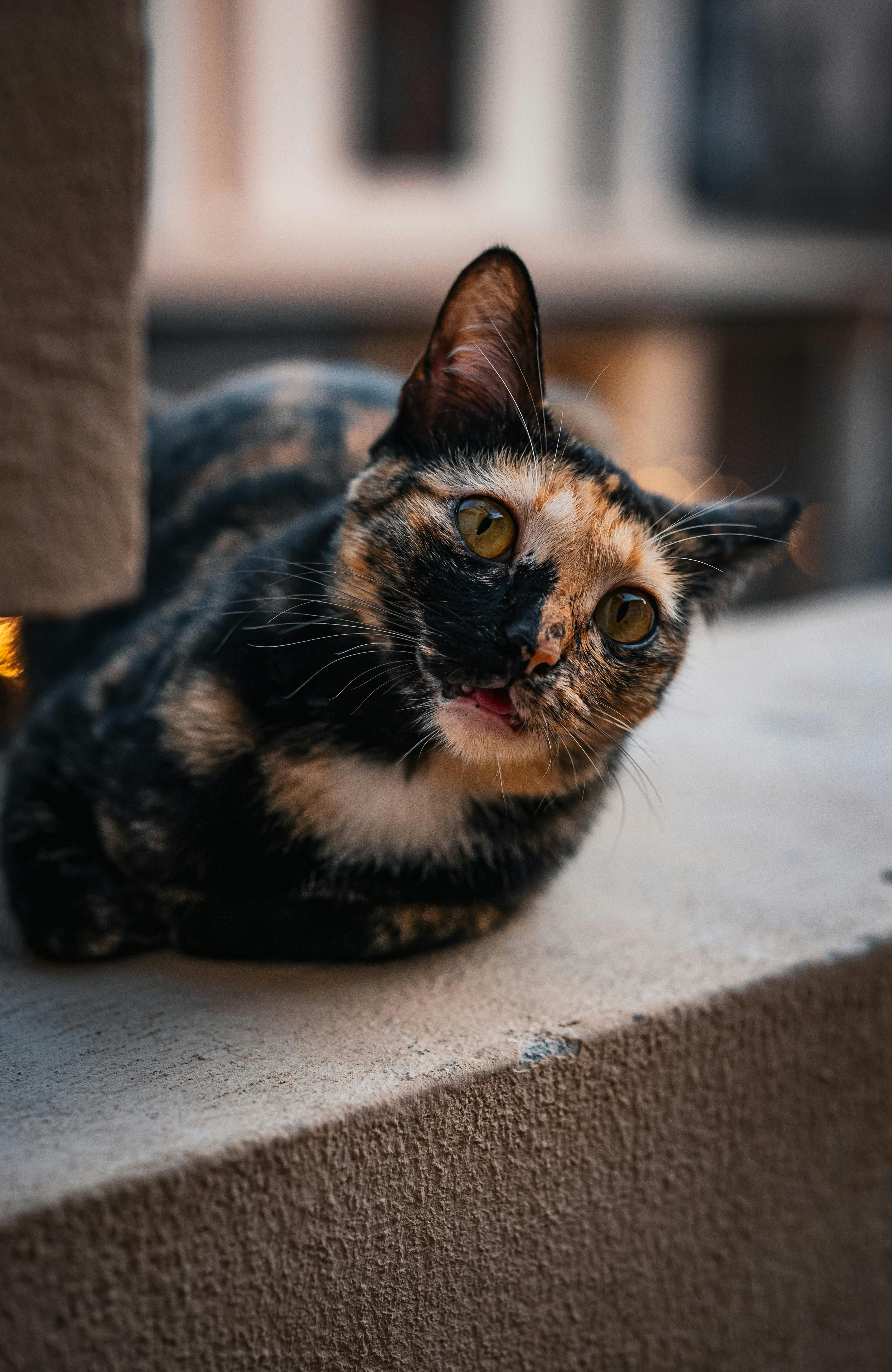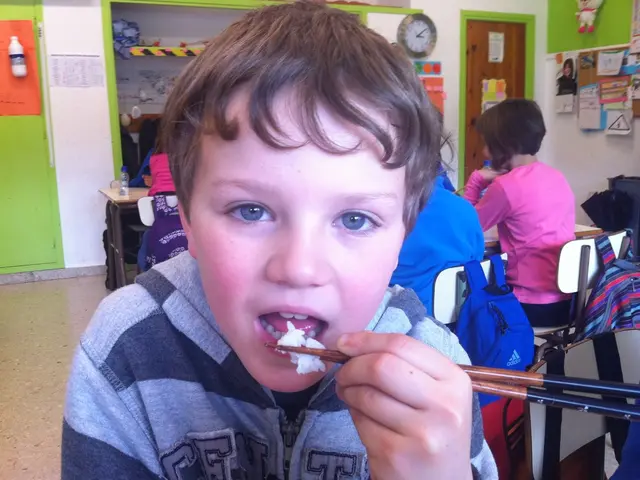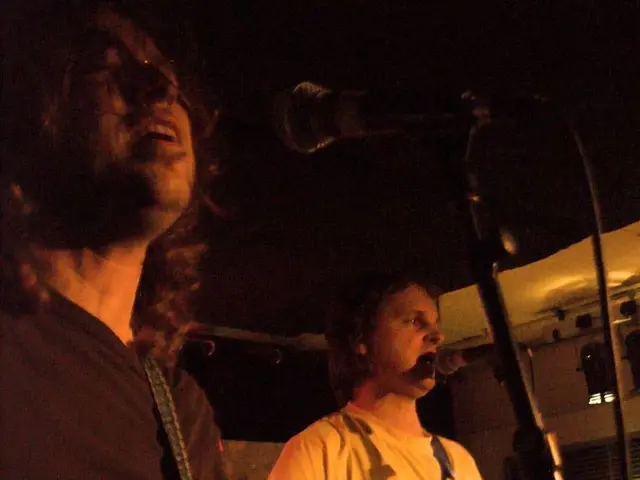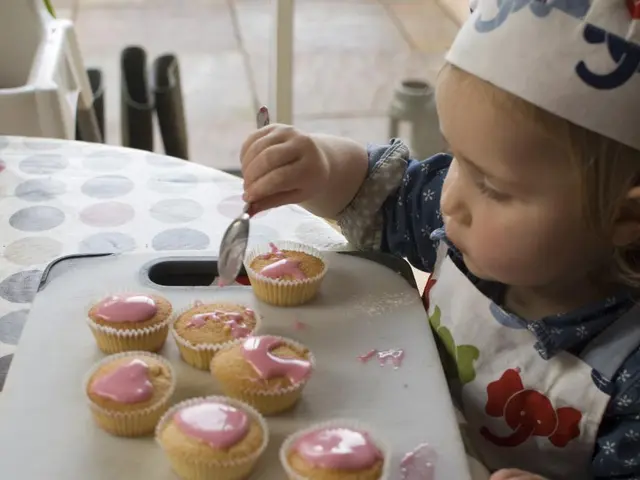Poetry Used as a Form of Protests or Rebellion
Chatting with Poetry Powerhouses
In an intimate conversation, Quebec's poetry powerhouses, Hélène Dorion and Denise Desautels, shared their thoughts on the force of pen and verse. Hélène, the latest to join the Gallimard Poetry collection, and Denise, who published her feminist reimagining of the Greek myth Elle, Ulysse in 2022, explored the transformative power of poetry.
Dominic Tardif, our website ## Denise, your new book speaks about "this double-edged chance - aging / while Gaza and others sink / as a whole world sinks funestly." What role can poetry play in the face of such despair?
Denise Desautels : I carry within me an inconsolable child, and I'm certainly not the only one who doesn't know how to heal her. She has made me, in the long run, very porous to universal pain.
Of course, I could stop everything, right now, but I want this child not to stay in her tears, to be able to look at the world, to border it, to heal it. Putting words to it, for me, comes from a desire to make a better world, while knowing there's something utopian about it.
Hélène Dorion : I think poetry is an act of resistance, not just in the shadow and war, but against everything that tries to make us economic beings. It's a way of letting beauty visit us, thus making room for something else. Poetry reminds us that reality is not a closed, narrow corridor, but a complex series of potentialities.
D. D. : Every time I hear it, I find it very strong how Hélène speaks about beauty. But for me, beauty is not given. I must, like for joy, disentangle it, before I can say and write it.
H. D. : For me too, beauty is not given. Beauty, joy, it's always a quest. And it's by letting shadows inhabit us that we can get closer to it.
Navigating Love and Solitude
There are other poets who would be wary of a word like love, which can seem clichéd. Yet, you continue to give it a major place in your work, Hélène.
H. D. : Poetry is for me a way of revisiting what we know and going towards what we ignore. The poem allows us to move before words we think we know, before realities we sometimes think we've exhausted, but which are not at all.
It's as if we never finish with these words, and the world in which we live, which lacks love, proves it well. There's perhaps nothing more risky than writing a book of poems about love.
D. D. : I use the word tenderness more often, but the words friendship and love are also important to me. I was reading Marie-Claire Bancquart [French poet] recently and she says, I don't quote her exactly: "I have an immense need for more."
Maybe that's also what makes me always feel like I'm in lack. There's a 'more' that is necessary. Yes, I am a person fortunate in friendship, in love, in all that surrounds me of art and books. But why this necessity for more? Maybe because I see that this more would be beneficial for everyone on Earth.
Elle, Ulysse
Denise Desautels with works by Stephanie Béliveau
Editions du Noroît
128 pages
A Face Pressed Against the World and Other Poems
Hélène Dorion
Gallimard
352 pages
Embracing Doubt and Vulnerability
D. D. : To write poetry, one must be inhabited by doubt. Poetry is inhabiting uncertainty, because nothing is stopped, nothing is definitive.
H. D. : It's also a way of inhabiting our vulnerability. I'm sure that in these uncertainties, these vacillations, these tremors, we feel more alive than in the certainty of everything.
It's this part that we can put into the act of resistance that is that of art, of literature: holding onto this vulnerability, to its doubts, to what makes us beings who can be amazed by beauty, by love, by connection. Poetry is holding onto all these parts of humanity and humanism.
- In the conversation, both Hélène Dorion and Denise Desautels, known as Quebec's poetry powerhouses, delved into the transformative power of poetry.
- Denise Desautels, whose new book addresses the themes of aging and global despair, discussed the potential role of poetry in the face of such despair: "I want this child not to stay in her tears, to be able to look at the world, to border it, to heal it."
- Hélène Dorion sees poetry as an act of resistance, not only against war and oppression, but also against anything that tries to make people purely economic beings: "Poetry is a way of letting beauty visit us, thus making room for something else."
- Embracing the complexity of love, Hélène Dorion writes poetry as a means of revisiting what we know and exploring the unknown: "The poem allows us to move before words we think we know, before realities we sometimes think we've exhausted, but which are not at all."
- Denise Desautels, when writing poetry, finds herself inhabited by doubt and uncertainty, viewing this as an integral part of the poetic process: "To write poetry, one must be inhabited by doubt. Poetry is inhabiting uncertainty, because nothing is stopped, nothing is definitive."







